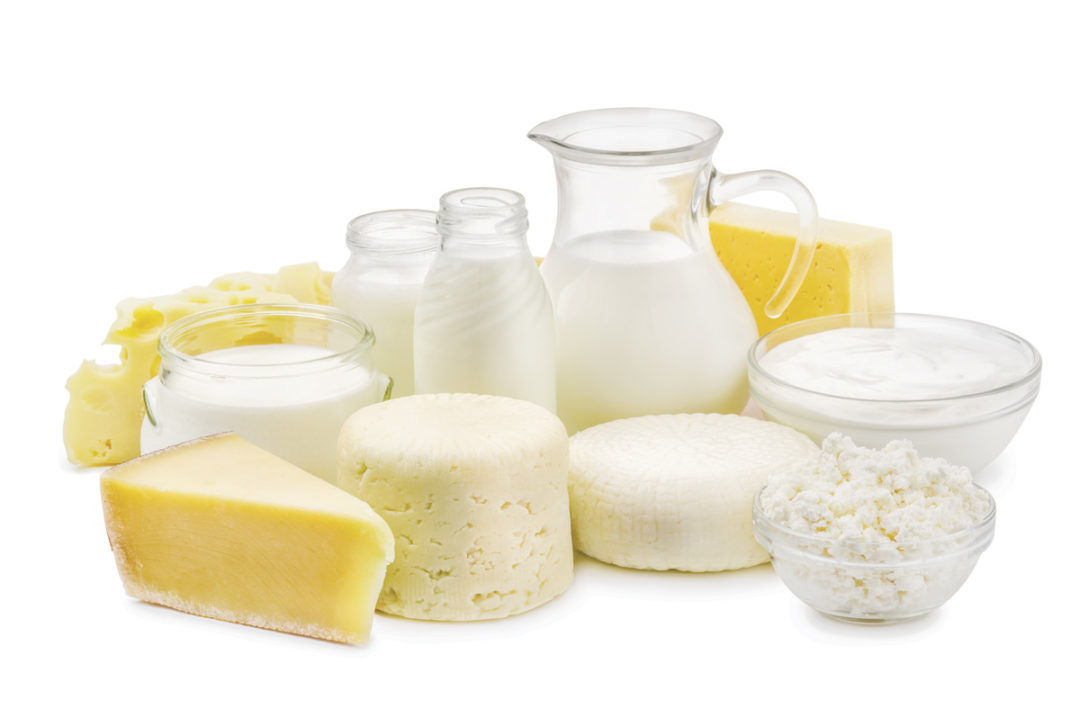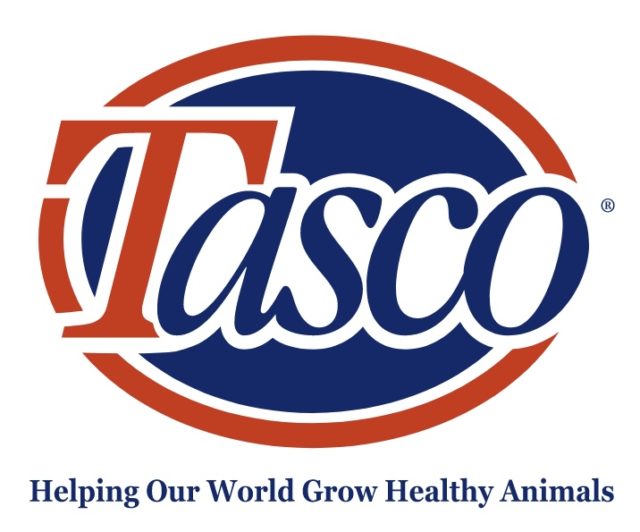The role of milk products in health and nutrition has been extensively studied for many years. The Food and Agriculture Organization of the United Nations (FAO) summarized this vast amount of evidence in a recent report, titled "Contribution of terrestrial animal source food to healthy diets for improved nutrition and health outcomes." It places dairy as an important source of nutrition for people around the world, and Dairy Farmers of Canada (DFC) has analyzed the report to find out what it means to Canadians.
Summarizing the FAO report
The FAO report confirms that terrestrial animal source foods, such as meat, milk and eggs, are nutrient-rich and play a role in enhancing the food security and nutrition of people of all ages. It highlights the important role dairy products play in optimal nutrition across the life cycle, more specifically pregnant women, school-age children and adolescents, adults and older adults.
While the FAO report presents evidence from a global perspective, many of the recommendations apply to Canada. The report encourages governments to update national food-based dietary guidelines so that they adequately consider terrestrial animal source foods and the specific nutrient requirements they contribute across the life cycle.
The report is a high-profile showing of the tremendous nutritional and health benefits associated with the consumption of milk products as part of a healthy, sustainable diet.
Where milk can support a healthy diet
In many areas highlighted by the FAO, dairy products can be an asset. According to Health Canada, many adults have inadequate intakes of magnesium, calcium, vitamin A and vitamin D. The FAO report recognizes milk and dairy products for their importance as sources of nutrients, including complete proteins and high quantities of highly bioavailable calcium.
“Highly bioavailable” is an important term; it means that not only are milk and dairy products rich in calcium but that this calcium is very well absorbed by the body. Milk products such as milk, yogurt and cheese are considered the most reliable source of calcium because they are naturally high in calcium that is well absorbed.
Milk products are recognized by the FAO for their protein content as well. The protein in milk is a complete protein, meaning that it provides all the amino acids required for supporting the optimal development and maintenance of muscles and other body tissues. It makes dairy particularly efficient at supporting the development and growth of body tissues like muscles.
The International Osteoporosis Foundation recommends foods as the preferred source of calcium; it highlights that “Milk and dairy products are the most readily available dietary sources of calcium. Dairy foods have the additional advantage of being good sources of protein and other micronutrients important for bone health.”
What the FAO report means for farmers
Canadian dairy farmers are well-positioned to help their fellow Canadians. The FAO report summarizes very well the current state of the scientific evidence about milk products and their beneficial role in providing crucial nutrients that are important for optimal growth, development and overall health. Dairy can play a key part in nourishing our nation, with farmers securely supplying a nutritious product known to help reduce deficiencies.
For more information, visit FAO's website on dairy production and products.
Dairy Farmers of Canada (DFC) is the national policy, lobbying and promotional organization representing Canadian dairy producers. DFC strives to create stable conditions for the dairy sector in our country. It also seeks to maintain policies that promote the sustainability of Canadian dairy production and promote dairy products and their health benefits. Visit DFC’s website, dairyfarmers.ca for more information.








